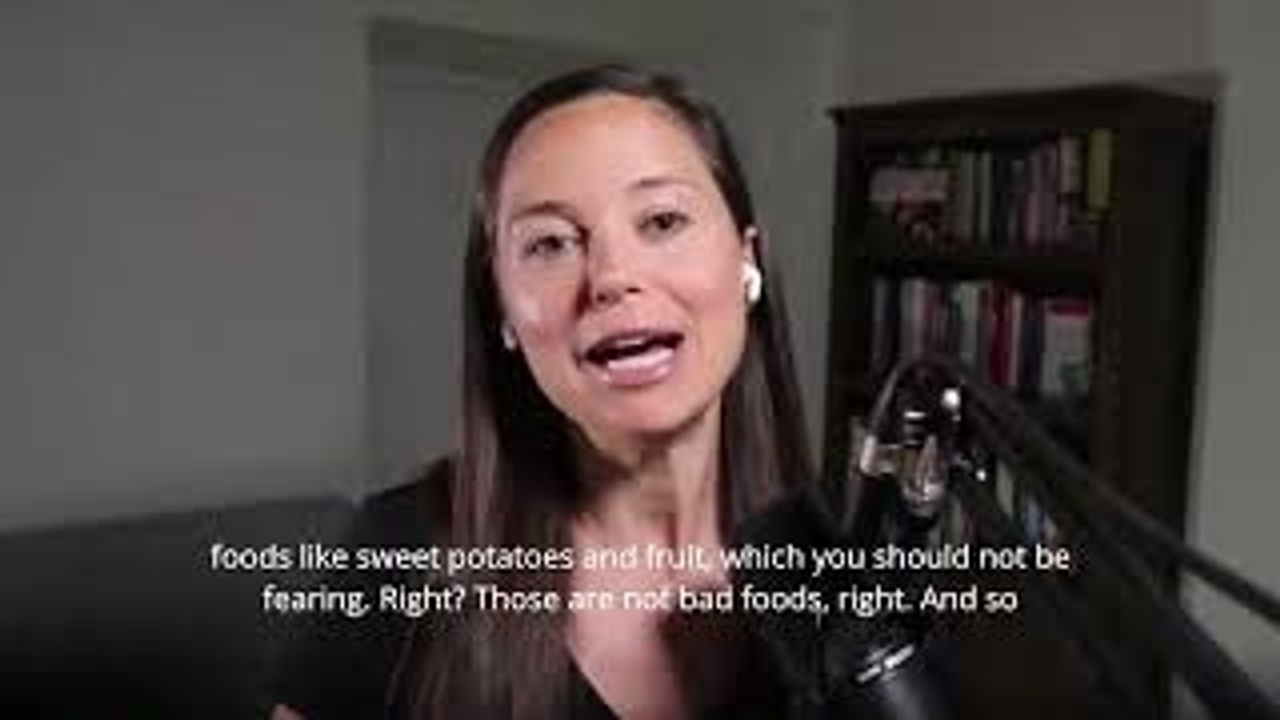
Finding Balance in your Diet
Aug 12, 2022
So just to give you a little bit of a background in terms of where I'm coming from, so I, I did the first study looking at the ketogenic diet, and Natalie crossed with fifth CrossFit athletes back in 2016. And that's when keto actually started to get really popular. And that's what actually brought me into the Keto space initially. And well, that was 20. It was got published in 2017.
But the study was from 2014 to 2016. And so that's what really got me down like the Keto rabbit hole, you know, adopted it for myself. So many benefits, a lot of the mental clarity benefits and the kind of less food focus and some things that that really resonated with me for a while. And then I started to work with a lot of clients who are getting benefits as well. But then over time, as I got through it, as I learned more as I experimented more, I came to a place where I was actually very ended up being very carb phobic after a while, and then I started to work with a lot of clients who got really great benefits from keto initially, and then they started to become more carb phobic. And so over time, I realized that like this was no no way to live, right? Like people are fearing legitimate foods like sweet potatoes and fruit, which you should not be fearing.
Right? Those are not bad foods, right. And so that's what kind of brought me to this metabolic flexibility side of things and really trying to teach people what metabolic flexibility is why it can be advantageous for a lot of people. And it's really just the ability, I know, we'll dive into this just ability your body to be efficient at the certain fuel sources that it's using for the activity that you're doing. So if you're sitting at your desk, just working throughout the day, like you should really be relying on fat as your main fuel source because it's a low low intensity, like no intensity activity. And so, obviously, carbohydrates are important in some regards, but like, in when it comes to metabolic flexibility, if your body's metabolically flexible, you're able to basically switch between fuel sources between our main fuel sources, fuel sources, carbs, and fats. But do that in a way that is dependent on the type of activity you're doing.
Like I said, low intensity, you know, at your desk all day, you should be relying on fat as fuel to help with, you know, mental focus, things like that maybe even dipping into ketosis a little bit, if that's your goal doesn't have to be and then when you're doing like high intensity activities, or you're lifting at the gym, carbohydrates are a fuel source that's necessary for that. And when I say necessary, I mean, optimal, actually isn't necessary. But if you want to get optimal results is probably beneficial, especially if you're training very heavily to have some carbohydrates. And so my goal, especially with women, is to help them kind of find this balance between getting some benefits from potentially going into periods of ketosis, but not necessarily having to stay there forever or feeling like they need to stay there forever.
Ready to join a group of strong, confident, badass women?
Don't miss a beat!
Get my weekly tips, exercises, recipes, and more fun stuff to your inbox every Friday.
Your information is safe.


